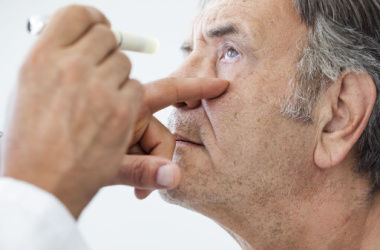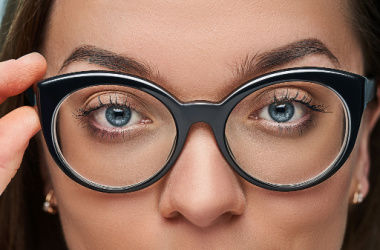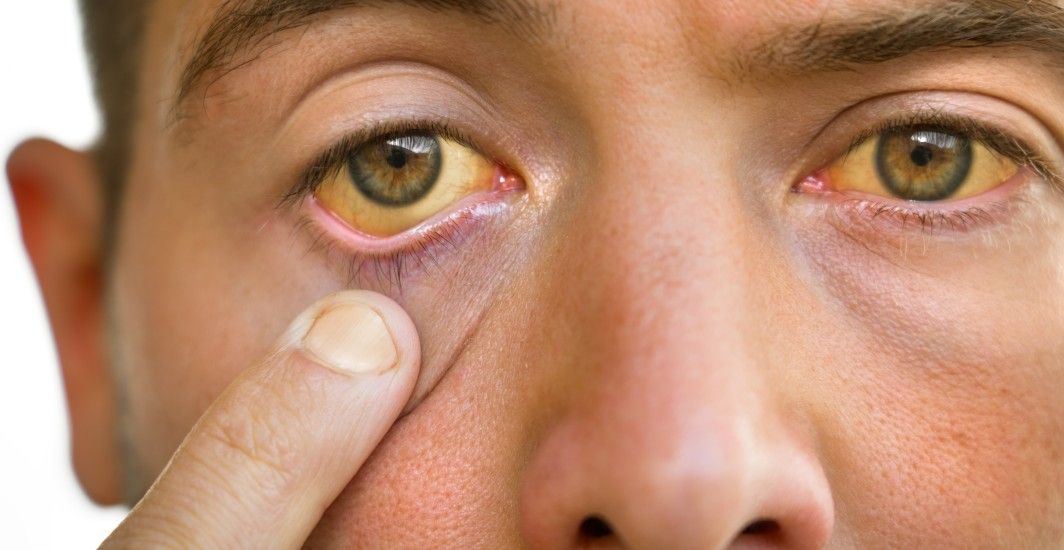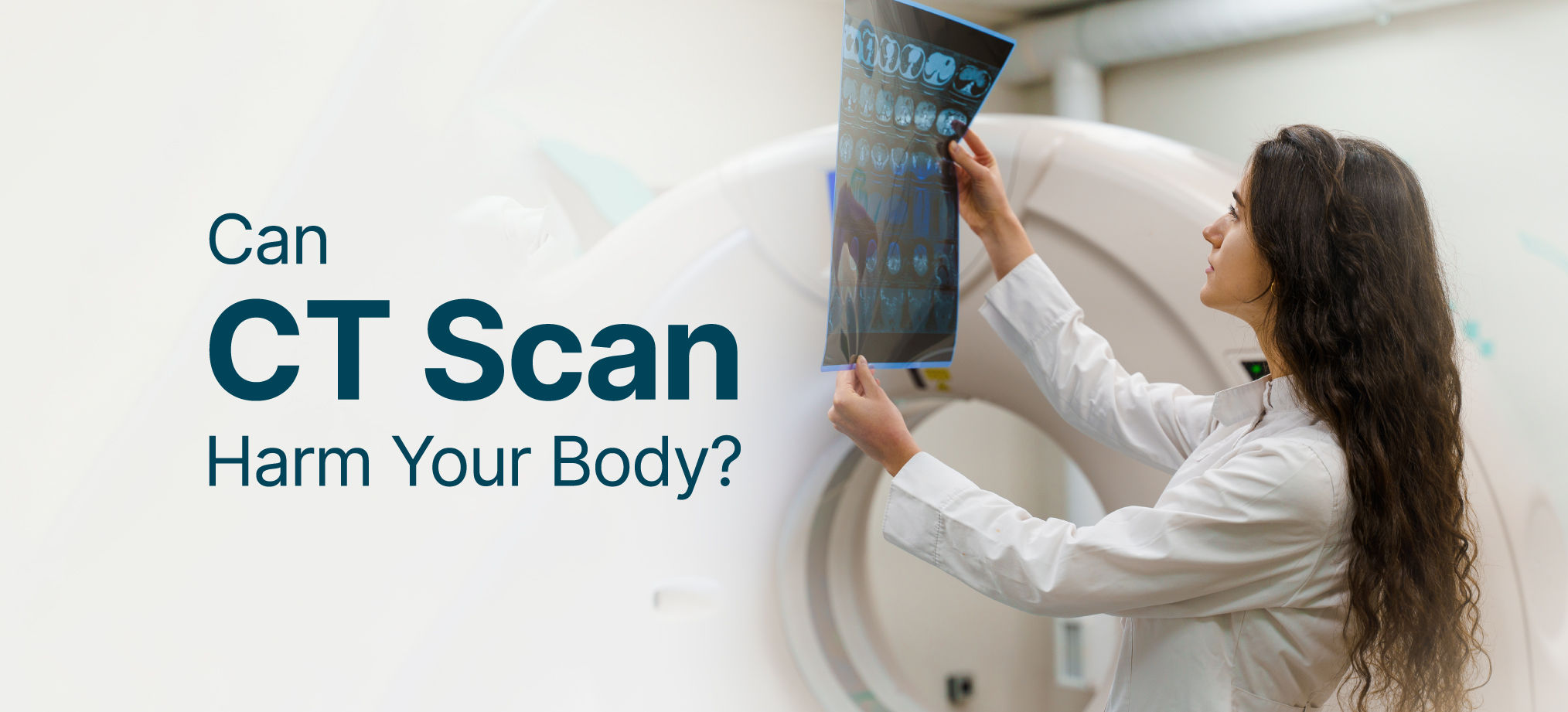General Health
Eye Donation: 6 Myths To Stay Away From If You Wish To Be A Donor
3 min read
By Apollo 24|7, Published on - 24 August 2022, Updated on - 15 December 2022
Share this article
0
13 likes

As per the World Health Organization (WHO) at least 2.2 billion people worldwide suffer from a near or distance vision impairment. The doctors reveal uncorrected refractive errors and cataracts are the main causes of vision loss and blindness. Blindness is a huge global health concern. However, according to WHO, retinal defects are the third most common cause of blindness, post cataracts and glaucoma. The majority of these disabilities are treatable, particularly through eye donation. Donated eyes can be used to restore vision in those suffering from corneal blindness (blindness due to cornea defect). While it is honourable to donate one's eyes, there are a lot of myths and misconceptions that cloud people's judgment and discourage them from making the decision. Let us address and debunk some of these myths.
MYTH1- Eyes of aged donors are not acceptable.
Fact- As part of eye donation, all donor's eyes are acceptable irrespective of the eye donor’s age, including the eyes of premature or still-born babies. There is no age limit for donating the eye. All one needs to do is bequeath his or her eyes by taking a simple pledge to donate the eyes after death. While taking a pledge during one's lifetime itself is a noble deed, it requires the support of relatives or friends to carry out the wishes of eye donation of the deceased.

MYTH2- Human eyes can be bought or sold.
Fact: Selling or buying human eyes is an illegal act. Therefore, human eyes cannot be bought or sold anywhere.
MYTH3- Eyes can be donated even by a living person.
Fact: While the kidneys or a part of the liver can be donated from one living person to another, eye donation can only be done after death. You may pledge to donate your eyes while you are alive, and encourage your family to fulfil your wishes later.
Myth4- I wear spectacles, I cannot donate eyes.
Fact: You can donate your eyes even if you have poor eyesight. Cataracts, poor eyesight, and age do not hinder eye donation. People who have undergone LASIK cannot be donors since the cornea has already been surgically manipulated. Furthermore, the shape of the corneal button obtained from such eyes might not be ideal.

Myth5- Any person can be an eye donor.
Fact: A person cannot be a donor if they died due to unknown causes, or suffered a central nervous system disease of unknown aetiology.
Donating eyes is entirely a generous act as one person's eyes can help in restoring vision in two people. Yet, just 5% of the demand for corneal transplants is satisfied. If you wish to donate eyes and have questions related to this noble deed,
Consult an Apollo Eye Specialist
Medically reviewed by Dr Sonia Bhatt.
General Health
Leave Comment
Recommended for you

General Health
Got Jaundice or Liver Problems? Book A Bilirubin Test To Check Liver & Bile Function
Easily book a Liver Bilirubin Test with Apollo 24|7 to check your liver and bile duct functions. Understand the importance of bilirubin levels for diagnosing jaundice, liver disease, and bile duct obstructions.
.jpg?tr=q-80)
General Health
Hair Fall Problem? Find Out What Tests You Should Take
Worried about hair fall? Discover the essential tests to identify the root cause of your hair loss and find effective solutions. Get clarity on your hair health today!

General Health
For How Long Does Radiation Stay In Your Body After A CT Scan?
Computed tomography (CT) scans use radiation to create 3D images of your internal organs to aid diagnosis. While low radiation doses in tests slightly raise cancer risk, the risks from CT scans are controlled and usually outweighed by benefits. Read on to learn all you need to know about radiation exposure due to CT scans.
Subscribe
Sign up for our free Health Library Daily Newsletter
Get doctor-approved health tips, news, and more.
Visual Stories

The Best Exercises for Controlling Blood Sugar Levels
Tap to continue exploring
Recommended for you

General Health
Got Jaundice or Liver Problems? Book A Bilirubin Test To Check Liver & Bile Function
Easily book a Liver Bilirubin Test with Apollo 24|7 to check your liver and bile duct functions. Understand the importance of bilirubin levels for diagnosing jaundice, liver disease, and bile duct obstructions.
.jpg?tr=q-80)
General Health
Hair Fall Problem? Find Out What Tests You Should Take
Worried about hair fall? Discover the essential tests to identify the root cause of your hair loss and find effective solutions. Get clarity on your hair health today!

General Health
For How Long Does Radiation Stay In Your Body After A CT Scan?
Computed tomography (CT) scans use radiation to create 3D images of your internal organs to aid diagnosis. While low radiation doses in tests slightly raise cancer risk, the risks from CT scans are controlled and usually outweighed by benefits. Read on to learn all you need to know about radiation exposure due to CT scans.